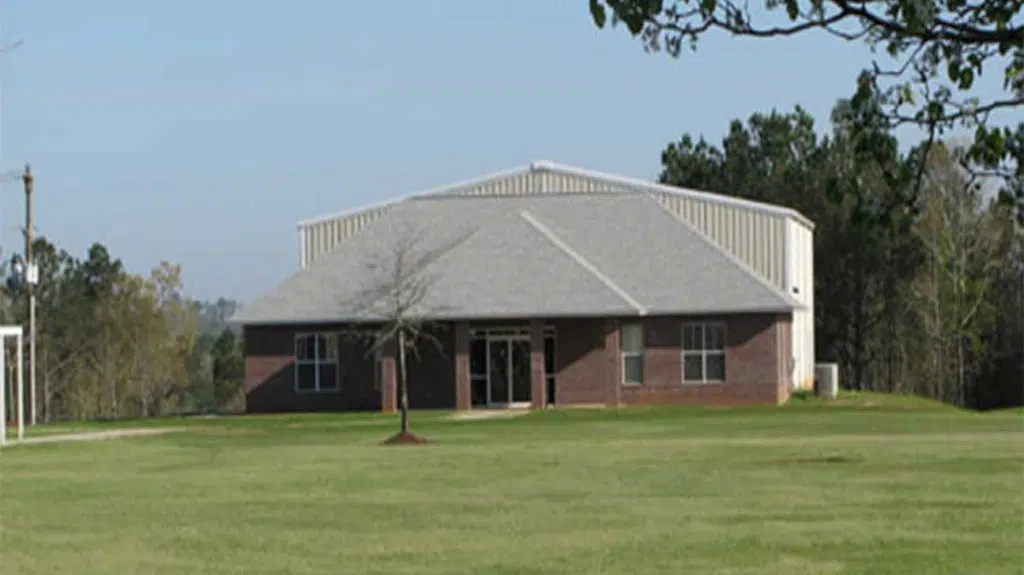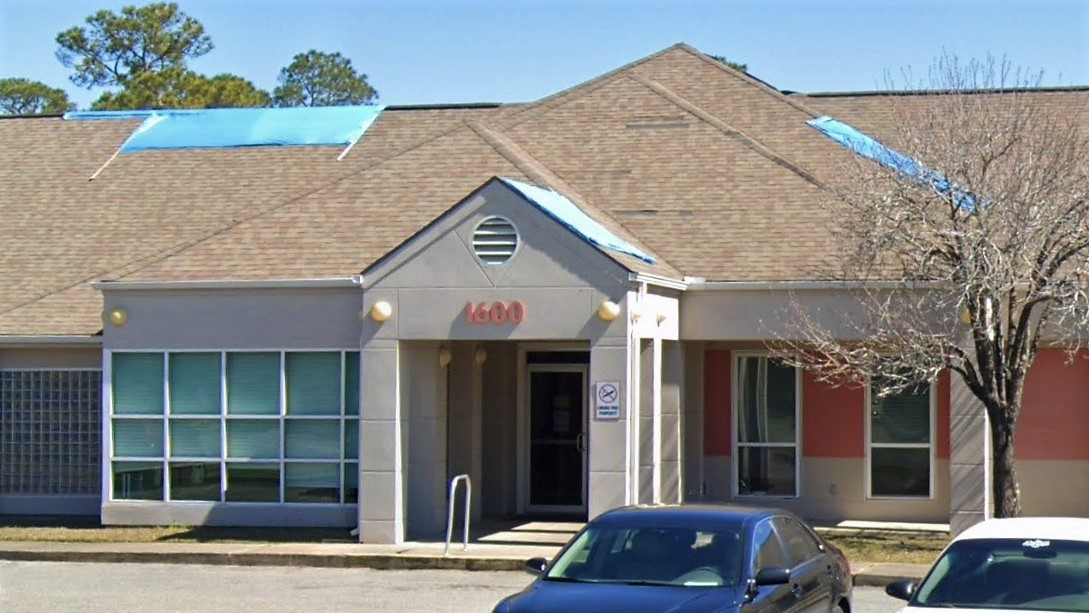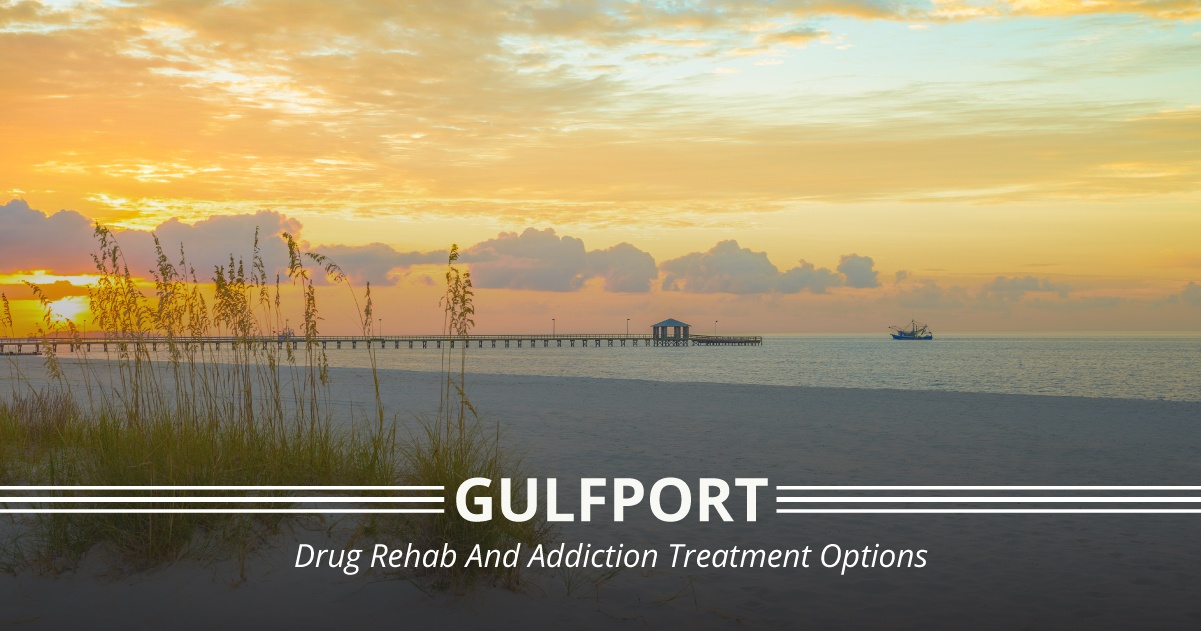When life feels overwhelming, and you or someone you care about is caught in the grip of substance use, knowing where to turn can feel like a huge challenge. It’s a very real situation for many families, and honestly, finding good `addiction treatment gulfport` options brings a lot of questions. People often wonder if true recovery is even possible, or what steps they should take first. That feeling of being stuck, that’s something many people experience, you know?
Addiction, you see, is not a simple choice; it's a complicated health issue, often impacting the brain in ways that make stopping incredibly tough. It's a chronic, relapsing disorder, as science tells us, yet it is absolutely something that can be treated successfully. Understanding this can, in a way, change everything for someone looking for help here on the Mississippi Coast.
The good news is that there are places and people ready to offer a hand. Getting help, especially in a supportive setting like Gulfport, truly makes a big difference. It's about finding the right path for healing, a place where someone can begin to put their life back together, as a matter of fact.
A Rocker's Resilience and the Science of Healing
You might know Bret Michaels, the energetic frontman of the rock band Poison. He's someone who, even at 60, talks about his body like a classic muscle car—still fast, still fun to drive, as he told People magazine. This idea of maintaining and, you know, keeping things going strong, even after years of wear and tear, offers a bit of a parallel to the idea of recovery. It shows how, with care and effort, a body, or a life, can stay robust and full of spirit.
Bret Michaels, an American musician, singer, songwriter, and author, has certainly had a long and active career. His story, while not about addiction, does remind us of the importance of health and resilience. It's like, if you treat something with care, whether it’s a classic car or your own well-being, it can keep performing. This ties into the science of addiction, which, as the National Institute on Drug Abuse (NIDA) explains, has truly changed how we look at drug use. For a long time, people mistakenly thought those who used drugs just lacked moral principles. But now, we know it's a brain disorder, and that understanding is pretty important.
Bret Michaels: Quick Facts
| Full Name | Bret Michael Sychak |
|---|---|
| Born | March 15, 1963 |
| Profession | Musician, Singer, Songwriter, Author |
| Known For | Frontman of Poison (over 65 million albums sold) |
| Current Perspective | Likens his body at 60 to a classic muscle car, still fast and fun to drive. |
Understanding Addiction: A Treatable Health Condition
So, what exactly is addiction? It's defined as a chronic, relapsing disorder marked by compulsive drug seeking and use, even when it causes bad things to happen. This isn't about someone lacking willpower; it's about changes that happen in the brain. The human brain is, you know, the most complex organ in the body, and drugs can really alter its normal functions, affecting things like pleasure, motivation, and memory. That’s why some people become addicted while others don't, it's a bit of a puzzle.
The good news, and this is really important, is that addiction can be treated successfully. Research into the science of addiction and how to treat substance use disorders has led to many advances. People with addiction often have other health issues too, like lung or heart disease, so a full approach to care is pretty much needed. The National Institute on Drug Abuse (NIDA) works hard to advance science on the causes and consequences of drug use and addiction, applying that knowledge to make individual and public health better. Their mission is, quite simply, to improve lives.
Why Seek Addiction Treatment in Gulfport?
Choosing a place for `addiction treatment gulfport` means picking a spot that offers both professional care and a supportive atmosphere. Gulfport, with its coastal setting, can offer a sense of calm and a bit of distance from the daily triggers that might make recovery harder. It’s a place where you can, like, really focus on healing without too many outside distractions. The community here, in some respects, often has resources that can help people get back on their feet.
Finding the right help locally means you can stay closer to family support, which, you know, can be a big deal for many people. It also means accessing services that understand the specific needs and challenges of folks in the area. This local connection can make the recovery journey feel a little less lonely, and that’s a very good thing.
Different Paths to Healing: Types of Treatment Available
When someone looks for `addiction treatment gulfport`, they’ll find that there isn't just one way to get better. Recovery is a very personal journey, and what works well for one person might not be the best fit for another. It's about finding the right mix of support and care, you know, something that truly speaks to their needs. Here are some common types of treatment options:
Detoxification (Detox)
Often, the very first step in addiction recovery is detoxification. This is when the body clears itself of the substance. It can be a tough process, and sometimes, it's even dangerous if not done with medical supervision. That’s why a medically managed detox program is so important. In a supervised setting, medical professionals can help manage withdrawal symptoms, making the process safer and, you know, a bit more comfortable. They can provide medications to ease discomfort and monitor vital signs to prevent serious complications. It's basically about getting the substance out of the system in a safe way, preparing the body for the next steps in healing.
Inpatient Treatment Programs
For some, a residential or inpatient program is the best choice. This means living at a treatment facility for a set period, usually 30, 60, or 90 days, or even longer. It offers a structured environment, away from the usual triggers and stressors of daily life. Inpatient programs provide round-the-clock care, therapy sessions, group meetings, and educational workshops. It's a very immersive experience, allowing individuals to fully focus on their recovery without outside distractions. This kind of setting can be incredibly helpful for those with severe addiction or those who need a lot of support early in their recovery. It's like, a complete reset button for life, in a way.
Outpatient Treatment Programs
Outpatient programs offer more flexibility, allowing individuals to live at home while attending therapy sessions and groups at a treatment center. These programs can vary in intensity, from intensive outpatient programs (IOPs), which meet several times a week for a few hours, to less frequent regular outpatient services. Outpatient care is often a good option for those with a strong support system at home, less severe addiction, or as a step-down from inpatient care. It allows people to continue with their work, school, or family responsibilities while still getting the help they need. This approach, you know, helps people apply what they learn in therapy to their daily lives right away.
Therapy and Counseling
At the heart of most addiction treatment is therapy. Individual counseling provides a safe space to talk about personal struggles, develop coping skills, and address underlying issues that might contribute to substance use. Group therapy offers a sense of community and shared experience, letting people connect with others facing similar challenges. Common therapeutic approaches include Cognitive Behavioral Therapy (CBT), which helps identify and change unhelpful thinking patterns, and Motivational Interviewing, which helps build motivation for change. Family therapy is also very important, as addiction affects the whole family, and involving loved ones can strengthen the recovery process. It’s about, you know, learning new ways to handle life’s ups and downs.
Medication-Assisted Treatment (MAT)
For certain substance use disorders, like opioid or alcohol addiction, medication-assisted treatment (MAT) can be a powerful tool. MAT combines medications with counseling and behavioral therapies. Medications can help reduce cravings, ease withdrawal symptoms, and even block the effects of some substances. This approach is, frankly, very effective for many people, helping them stay in treatment and reduce the risk of relapse. It's a science-backed way to support recovery, and it’s something more and more centers are offering. It really helps, you know, stabilize a person so they can focus on their therapy.
Finding the Right `Addiction Treatment Gulfport` Center
When you're looking for `addiction treatment gulfport`, it’s helpful to know what to look for. Not all centers are the same, and finding one that feels right is a big step. You want a place that offers care that fits your specific needs, because, honestly, one size does not fit all in recovery. Here are some things to consider:
Accreditation and Licensing
Check if the facility is licensed by the state and accredited by reputable organizations. This shows that they meet certain standards of care and safety. It’s like, a sign of quality, you know? It gives you a bit more peace of mind that you’re choosing a place that’s been checked out.
Evidence-Based Practices
Look for centers that use treatments backed by research, like the ones NIDA talks about. This means they’re using methods that have been shown to work. They should be able to explain their approach and how it helps people get better. This is, basically, about making sure the care is effective.
Individualized Treatment Plans
A good program will create a treatment plan just for you, not a generic one. This plan should consider your specific substance use, any other health conditions you have, and your personal circumstances. It’s about recognizing that everyone’s story is different, and their path to healing should reflect that. So, it's pretty important that they tailor things a little.
Aftercare Planning
Recovery doesn't end when someone leaves a treatment center. A strong aftercare plan is incredibly important. This might include ongoing therapy, support groups (like AA or NA), sober living arrangements, or vocational training. A good center will help you create this plan before you leave, giving you tools to stay strong in recovery. It’s, you know, about building a bridge to a healthy future.
Insurance and Cost
Understanding the cost and how insurance works is, obviously, a big part of the decision. Many centers accept various insurance plans, and some offer payment options. It’s always a good idea to call the center and your insurance provider to clarify coverage and any out-of-pocket expenses. This can be a bit of a hurdle for some people, so getting clear answers is key.
The Journey of Recovery and Ongoing Support
Recovery is a journey, not a destination, and it’s one that often requires ongoing support. After formal treatment, connecting with support groups or continuing with individual counseling can be incredibly helpful. Groups like Alcoholics Anonymous (AA) and Narcotics Anonymous (NA) provide a community of people who understand what you’re going through, offering peer support and shared experiences. These groups are, you know, a lifeline for many.
Building a strong support network, including family and friends who understand and encourage your recovery, is also vital. Remember, as Bret Michaels suggests with his "classic muscle car" analogy, maintaining health requires consistent effort. Just like a car needs regular tune-ups, a person in recovery benefits from ongoing self-care and connection. It’s about, like, keeping that engine running smoothly for the long haul. You can learn more about addiction and recovery on our site, and find resources to help on this page here.
Frequently Asked Questions About Addiction Treatment
Can addiction truly be treated successfully?
Yes, absolutely. Addiction is a treatable disorder. Research has really transformed our understanding of it, showing that with the right kind of care and support, people can and do recover. It's a chronic condition, like diabetes or asthma, but it can be managed effectively, allowing individuals to live full and healthy lives. So, there's a lot of hope there, you know?
What happens in the brain during drug use?
When someone uses drugs, they can change how the brain works, especially the parts that control pleasure, motivation, learning, and memory. Drugs can cause a rush of dopamine, a feel-good chemical, which teaches the brain to repeat the drug-taking behavior. Over time, the brain adjusts to these high levels of dopamine, and it can become harder to feel pleasure from everyday things. This is, basically, why it’s so hard to stop once addiction takes hold.
What are some other health consequences of drug addiction?
People with addiction often have one or more associated health issues. These can include problems with the lungs, like pneumonia or emphysema, or heart conditions. There can also be liver damage, kidney problems, and mental health issues such as depression or anxiety. It’s a very complex situation, affecting the whole body and mind, which is why comprehensive care is so important. The National Institute on Drug Abuse (NIDA) provides a lot of information on these health consequences, as a matter of fact, and you can find more on their site.
Taking the Next Step Towards Healing
Finding `addiction treatment gulfport` is a courageous step towards a healthier, happier life. It's a commitment to healing, to rebuilding, and to finding a new way forward. The journey might have its challenges, but with the right support, recovery is truly within reach. If you or someone you care about is struggling, reaching out for help is the most important thing you can do. There are compassionate professionals ready to guide you. It's about taking that first step, and then, you know, the next one, and the one after that.



Detail Author:
- Name : Erika Medhurst
- Username : wjones
- Email : lon.wolff@gmail.com
- Birthdate : 1986-08-07
- Address : 10168 Rogahn Mill West Douglas, RI 12208
- Phone : 320.956.5027
- Company : Stiedemann, Nitzsche and Hoppe
- Job : Fiberglass Laminator and Fabricator
- Bio : Similique assumenda molestiae ullam omnis. Cum nihil et omnis consequatur sed. Rerum nulla dolor qui nostrum suscipit repellendus. Nam nobis fugiat ut non nemo.
Socials
tiktok:
- url : https://tiktok.com/@aoberbrunner
- username : aoberbrunner
- bio : Natus et illum veniam quisquam qui veniam ducimus.
- followers : 1819
- following : 1823
instagram:
- url : https://instagram.com/araceli4579
- username : araceli4579
- bio : Id qui ea expedita. Illo praesentium occaecati consectetur quis maxime in.
- followers : 344
- following : 2012
linkedin:
- url : https://linkedin.com/in/araceli_official
- username : araceli_official
- bio : Eligendi necessitatibus dolorem corporis.
- followers : 464
- following : 2272